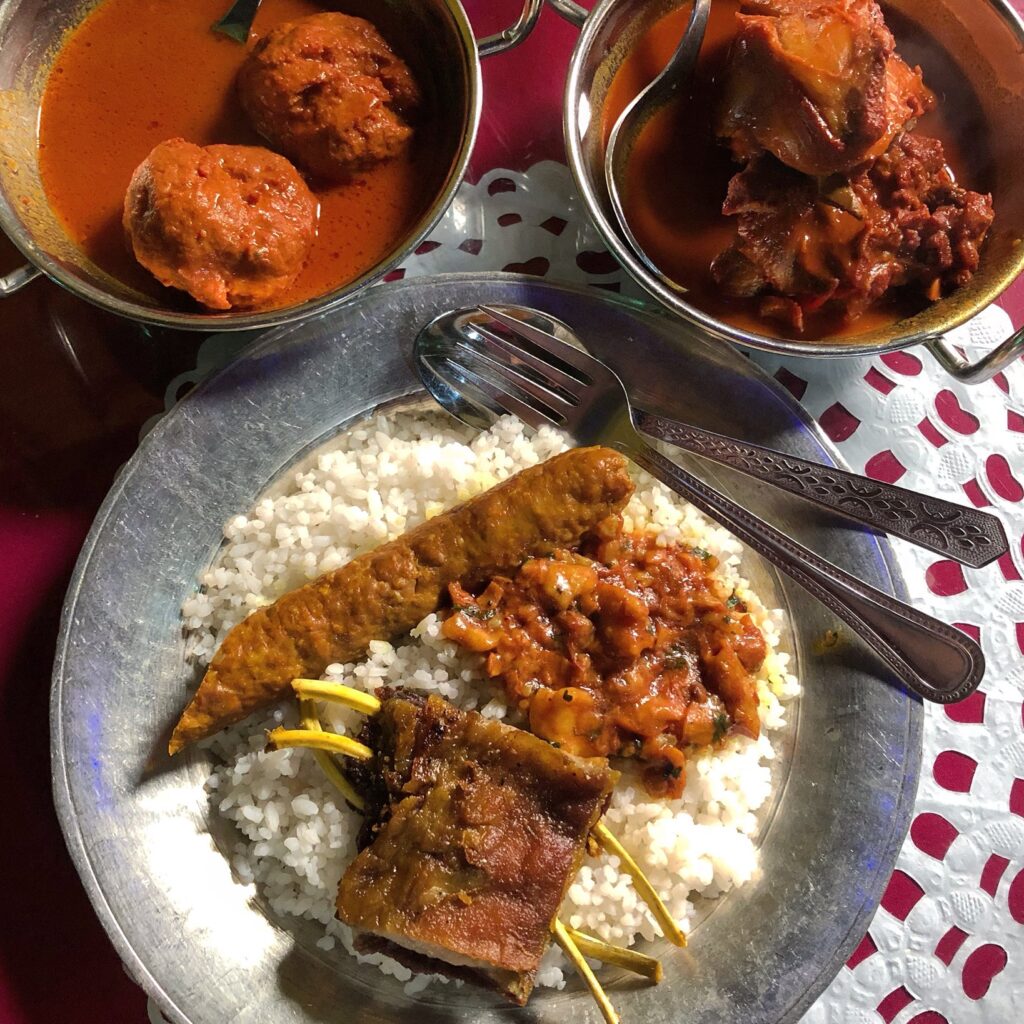Wazwan: The Royal Feast of Kashmir
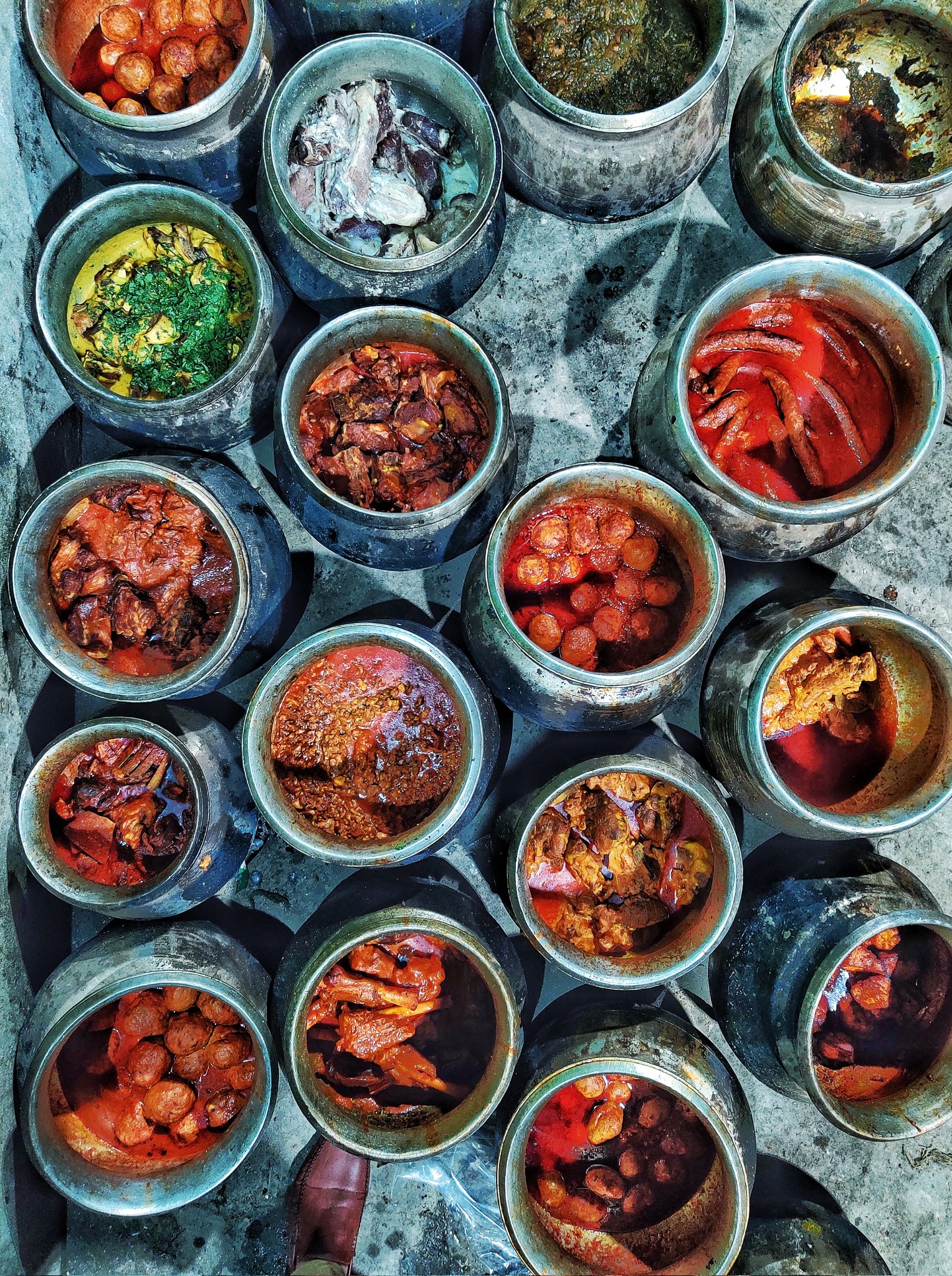
The cuisine of the beautiful valley of Kashmir, where spiritual energy appears to permeate every nook and cranny, is as colorful and varied as the surrounding scenery. Wazwan, a lavish feast that is intricately woven into Kashmiri culture, is a celebration of life, community, and tradition rather than merely a meal. With centuries-old origins, this exquisite culinary spectacle is a tribute to the hospitality and culinary expertise of the Kashmiri people.
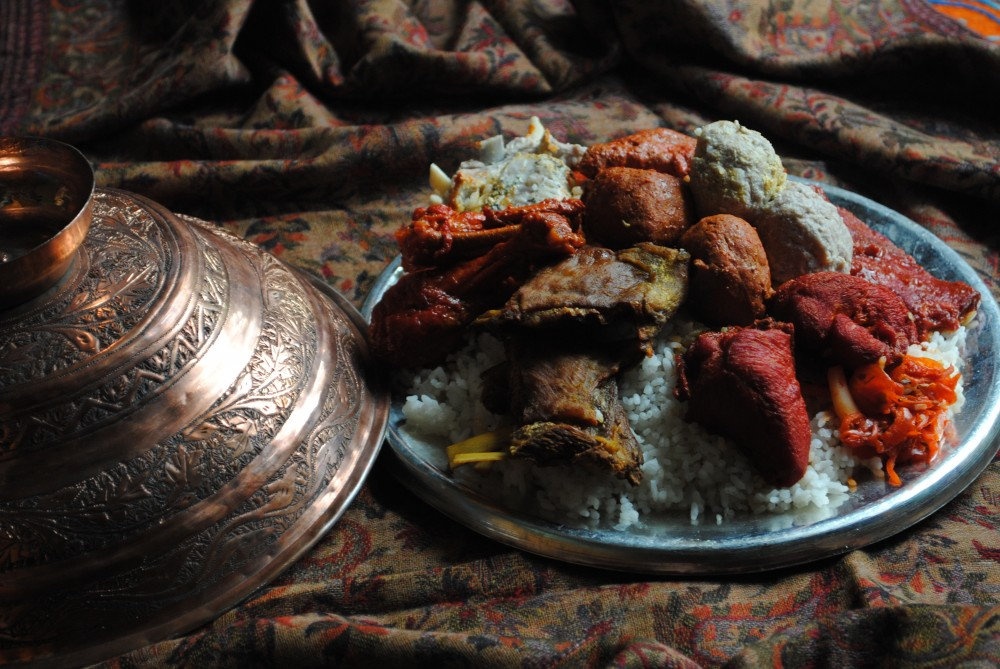
Origins and Significance
Wazwan, which comes from the Persian word “wazan,” which means “weight” or “balance,” was first used in Persia and then traveled to the Mughal royal courts in Kashmir. It transcended its noble origins and became an essential component of Kashmiri culture over time, becoming a symbol of social harmony and solidarity.
Wazwan was traditionally saved for joyous occasions like marriages, christenings, and religious rites. As people gathered to enjoy the feast, it represented prosperity, abundance, and community, strengthening bonds between families and communities. Wazwan is still a staple of Kashmiri celebrations today, illustrating the strong cultural legacy of the area.
The Rituals of Preparation
Wazwan preparation is a complex process that calls for exacting attention to detail and culinary proficiency. It is usually supervised by a master chef, referred to as the “Waza,” who is entrusted with the knowledge of this generationally-old culinary art form. The Waza’s expertise extends beyond cooking to include the art of presentation and the selection of the best ingredients.
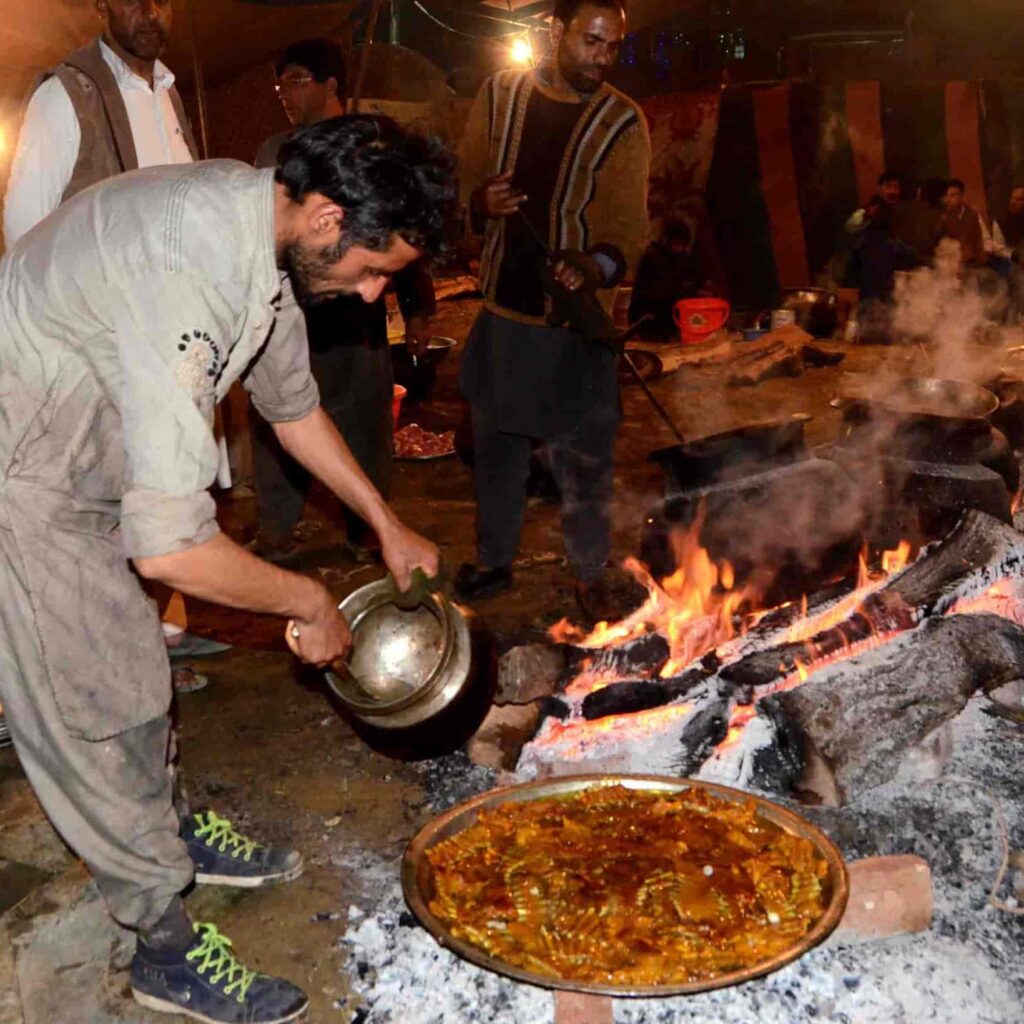
The “Rishta,” a sort of flavorful meatballs cooked from minced lamb and seasoned with a mixture of spices that differs from home to household, is the main dish of Wazwan. Tender and delicious, these meatballs are cooked to perfection in a fragrant broth, bringing their deep tastes to the dish.
The Grand Feast
A traditional Wazwan feast is a lavish event that frequently consists of several dozen dishes, each with its own distinct flavors and textures, served in a certain order. The meal starts with the customary hand washing, and then rice is ceremoniously served on big copper dishes known as “Tramis.” With the help of a group of chefs called “Sous Chefs,” the Waza then continues to precisely arrange the different meals, beginning with the ceremonial dishes like “Rishta” and “Gushtaba” and moving on to a variety of kebabs, curries, and accompaniments.
Visitors are in for a sensory extravaganza unlike any other when they assemble around the Tramis, where they are traditionally seated in rows on the floor. A cozy and friendly atmosphere is created by the aroma of spices permeating the air and blending with the sounds of laughter and conversation. Savoring each meal slowly allows the tastes to develop on the palette, while Waza and his crew are always on hand to restock the Tramis with more delicious food as needed.
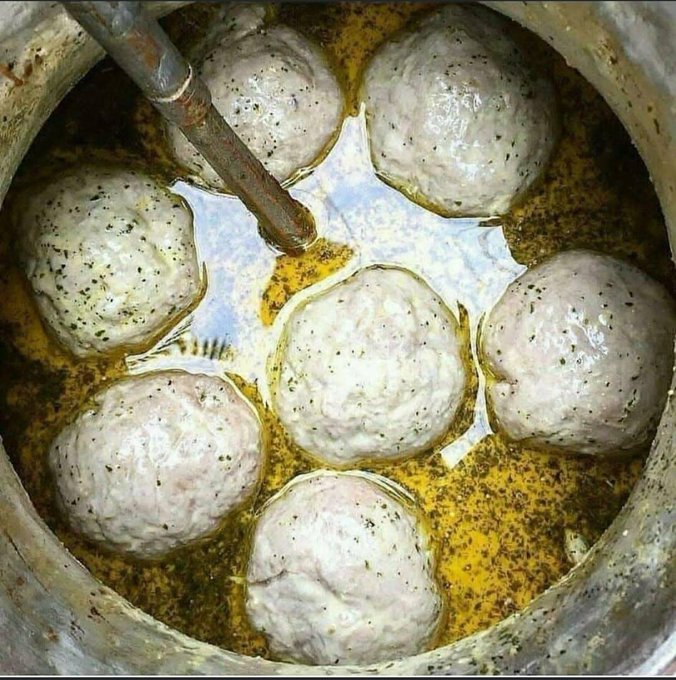
The Cultural Significance
Beyond its delicious food, Wazwan is deeply culturally significant to the Kashmiri people. It is a representation of hospitality and giving that reflects the deeply rooted ideals of compassion and sharing in Kashmiri culture. Wazwan’s communal element, when attendees gather to enjoy an opulent feast, strengthens social ties and promotes a feeling of inclusion.
Wazwan also acts as a guardian of Kashmiri culture, maintaining traditional cooking methods and recipes that have been handed down through the years. Wazwan’s customs, which include careful preparation and group meals, help to preserve these traditions in a world that is always changing.
